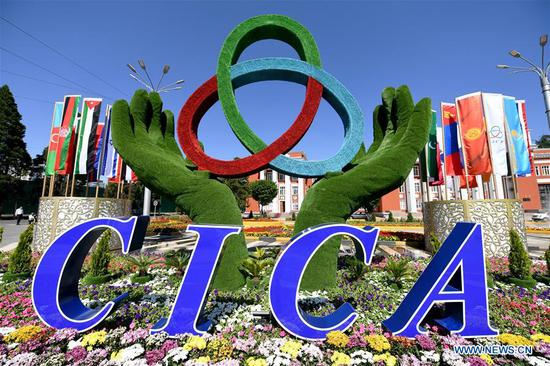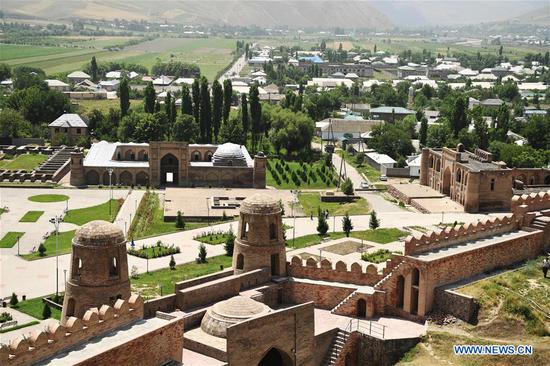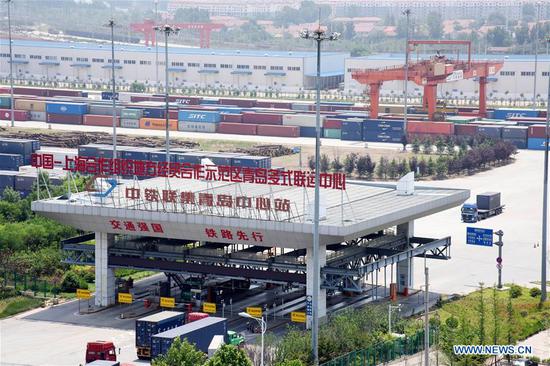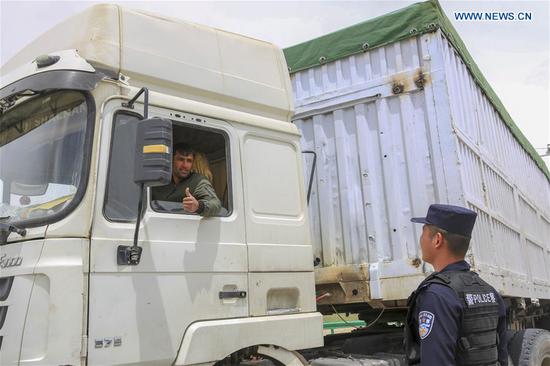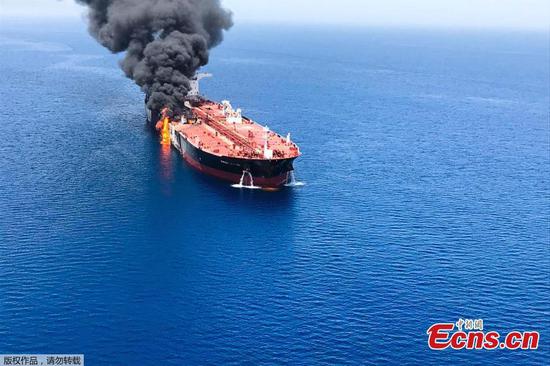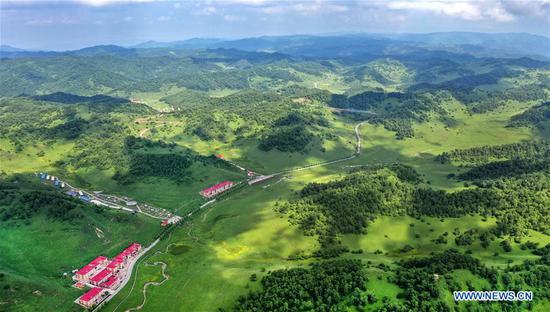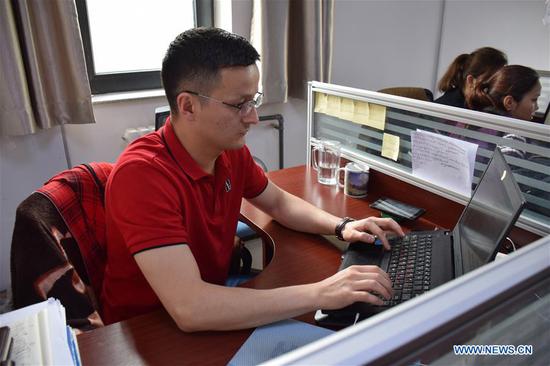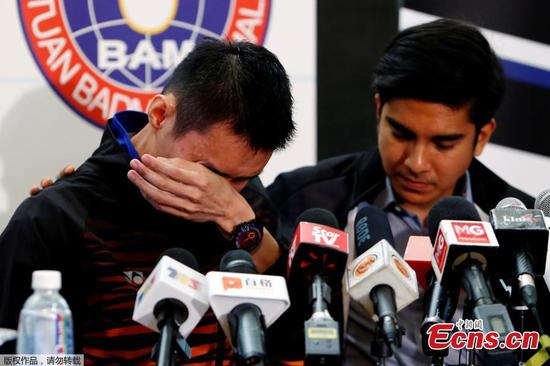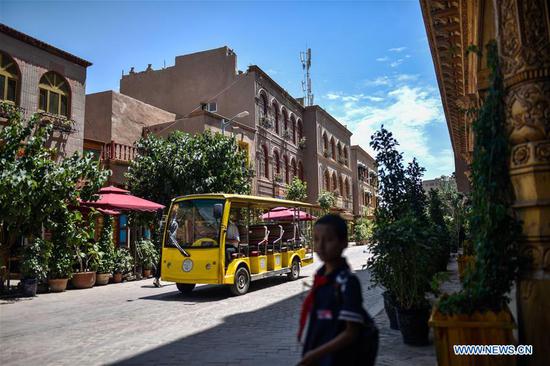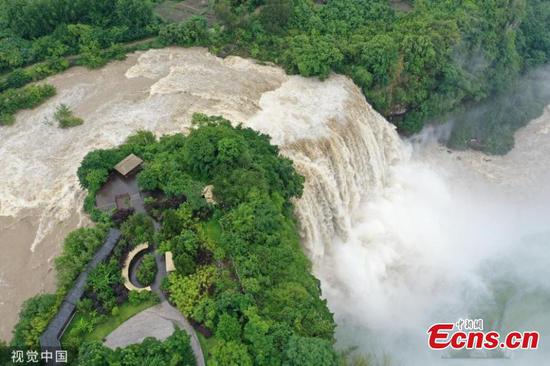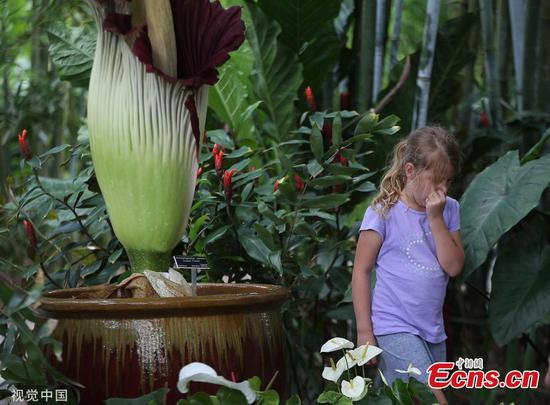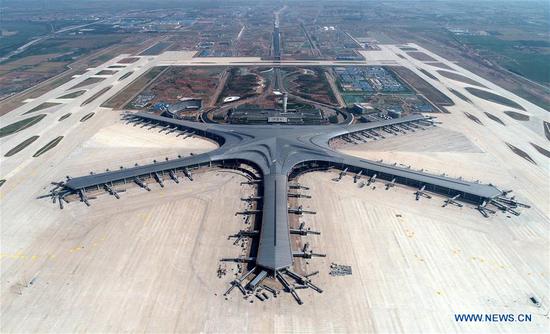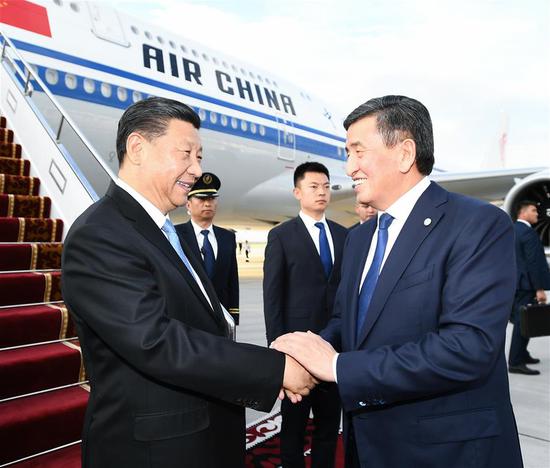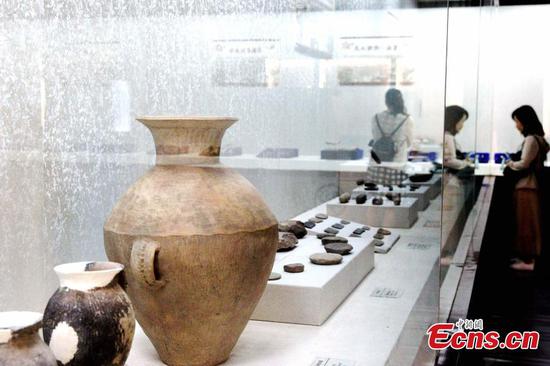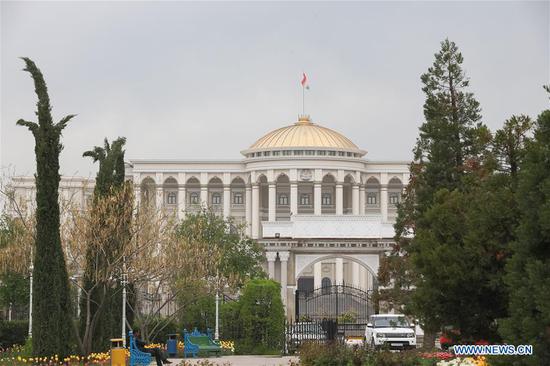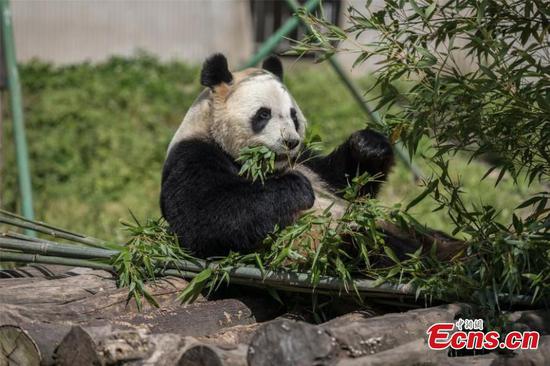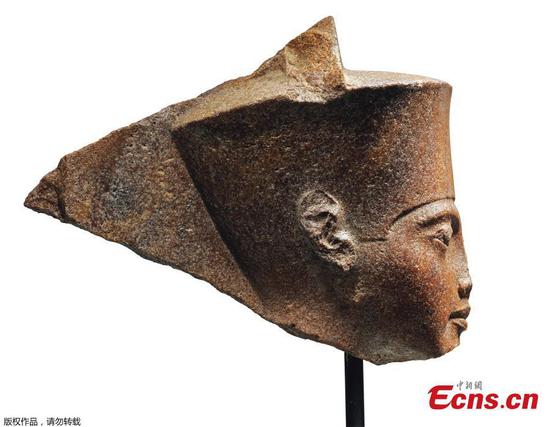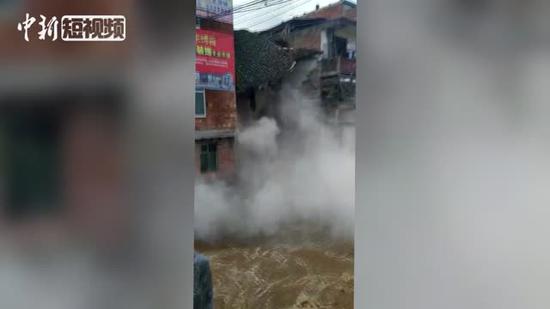
Photo taken on June 9, 2019 shows banners for Shanghai Cooperation Organization (SCO) summit on a street in Bishkek, capital of Kyrgyzstan. (Photo/Xinhua)
The 19th Shanghai Cooperation Organization summit will promote multilateral cooperation on security issues such as terrorism and drug trafficking, experts said.
Security cooperation is one of the top priorities for SCO, which now plays an increasingly vital role in building trust and consensus among Asian member states, as uncertainties rise in Central Asia and the Middle East, and helps maintain peace and development in the region, they said.
The SCO has eight member states-China, Russia, Pakistan, India, Kazakhstan, Kyrgyzstan, Tajikistan and Uzbekistan-accounting for more than 20 percent of the global economy and 40 percent of its population. Afghanistan, Iran, Mongolia and Belarus are SCO observer states.
On May 15, State Councilor and Minister of Public Security Zhao Kezhi said during the meeting of the Security Council Secretaries of the SCO in Bishkek, Kyrgyzstan, that China is willing to deepen security cooperation with member states under the SCO framework, to jointly curtail terrorism, separatism and extremism.
Specific fields of cooperation include countering terrorism, drug trafficking and cross-border crime, as well as cybersecurity. These collaborations will help bring greater peace and stability to benefit the people and socioeconomic development of SCO members, he said.
Xu Tao, director of SCO research at the Development Research Center of the State Council, said extremist and terrorist groups have traditionally taken advantage of the complex security situation in Central Asia and the Middle East to evade the law.
But in recent years they are also using internet technology to recruit and train adherents and push their agenda in the region, Xu said.
"This has further complicated the rising security uncertainties in the area, making mutual political trust and transnational cooperation more valuable than ever," Xu said.
SCO security representatives attending the meeting have stressed the importance of upholding the 2015 Joint Comprehensive Plan of Action, commonly known as the Iran nuclear deal, under which Iran agreed to curb its nuclear program in return for the lifting of international sanctions, according to an online statement by China's Ministry of Public Security.
Last year, the United States unilaterally quit the multilateral agreement and reimposed US sanctions on Iran, frustrating other signatories including China, Russia, France, the United Kingdom and Germany. This prompted Iran to scale back parts of its commitment under the deal last month, Xinhua News Agency reported.
SCO security officials also highlighted the significance of maintaining the strategic balance via the Intermediate-Range Nuclear Forces Treaty, a landmark arms control agreement signed by the United States and the Soviet Union in 1987 to cut the two countries' land-based midrange missiles.
The US formally suspended the treaty on Feb 1 in the face of opposition from Asian and European countries. Russia followed the US suspension with its own a day later. By August, both countries will officially exit the pact if no agreement is reached, increasing the risk of an arms race.
Given such new challenges, Xu said, this year's SCO summit will elaborate and develop the common, comprehensive, cooperative and sustainable security concepts highlighted by President Xi Jinping during last year's summit in Qingdao, Shandong province.
"SCO is not a military alliance like NATO," Xu said, though members may deepen security cooperation.
"Rather, it upholds a nonalliance, nonconfrontational and nontargeting third-party approach in building a platform for multilateral cooperation. These principles are enshrined in the SCO charter."
Shi Ze, a SCO researcher at the China Institute of International Studies, said the terrorism situation in Afghanistan is becoming more challenging as remnants of the Islamic State regain strength in the region, making the country and its surrounding area more prone to attacks.
"SCO plays an irreplaceable role in expanding security cooperation, maintaining regional peace and eliminating the root causes and symptoms of terrorism," he said, adding that addressing situations in Iran and Afghanistan, as well as enhancing cybersecurity to thwart terrorist activities, will be some of the top issues discussed during the summit.
"SCO members share a common aspiration for peace and prosperity and a common opposition to unilateralism, protectionism and efforts to undermine globalization or the interests of member states," he said. "The SCO can inject much-needed stability and positive energy in the geopolitical arena."














